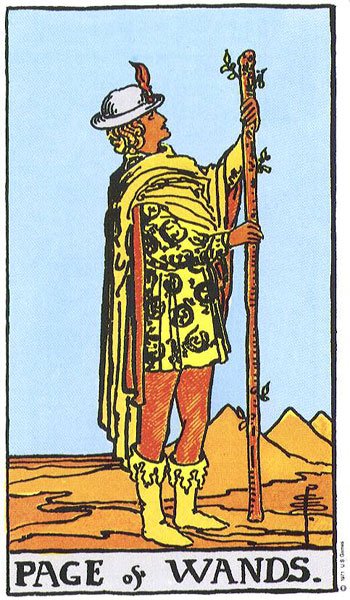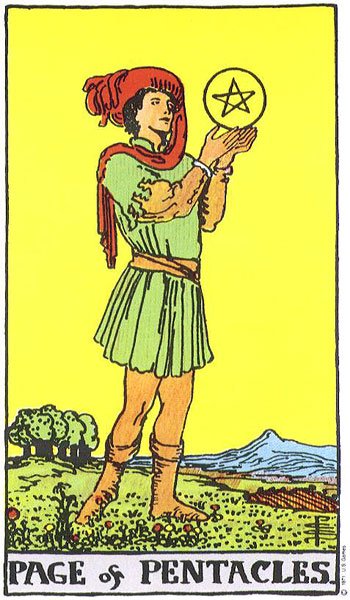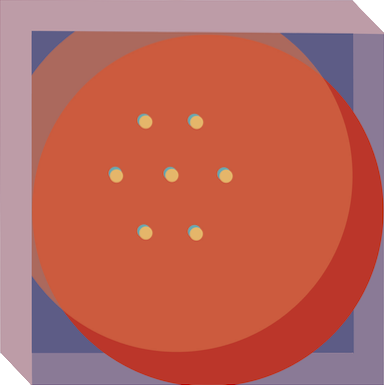The Pages
The Princesses (Pages) represent the He’ final of the Name. They represent the ultimate issue of the original Energy in its completion, its crystallization, its materialization. They also represent the counter-balancing, the re-absorption of the Energy. They represent the Silence into which all things return. They are thus at the same time permanent and non-existent. An audit of the equation 0=2.
The Princesses (Pages) have no Zodiacal attribution. Yet evidently they represent four types of human being. They are those numerous “elemental” people whom we recognize by their lack of all sense of responsibility, whose moral qualities seem to lack “bite”. They are sub-divided according to planetary predominance. Such types have been repeatedly described in fiction. As Eliphaz Levi wrote: “The love of the Magus for such creatures is insensate, and may destroy him”.
The relations between these Four Elements of the Name are extraordinarily complex, quite beyond the limits of any ordinary treatise to discuss; they change with every application of thought to their meaning.
For instance, no sooner has the Princess made her appearance than the Prince wins her in marriage, and she is set upon the throne of her Mother. She thus awakens the Eld of the original old King; who thereupon becomes a young Knight, and so renews the cycle. The Princess is not only the perfect Maiden, but, owing to the death of the Prince, the forsaken and lamenting Widow. All this occurs in the legends characteristic of the Aeon of Osiris. It is hardly possible definitely to disentangle these complications, but for the student it is sufficient if he will be content to work with one legend at a time.
It is natural that the Aeon of Osiris, the regimen of Air, of strife, of intellect, should be thus confused; that its symbols and formulas should overlap, should contradict each other. It is impossible to harmonize the multitudinous fables or parables, because each was invented to emphasize some formula that was regarded as imperative to serve some local or temporal purpose. – Aleister Crowley
A Page is a playful child. He acts out the qualities of his suit with pleasure and abandon. His approach may not be deep, but it is easy, loose and spontaneous. He is a symbol of adventure and possibility. – Joan Bunning

Page of Wands

Page of Cups

Page of Swords

Page of Pentacles
